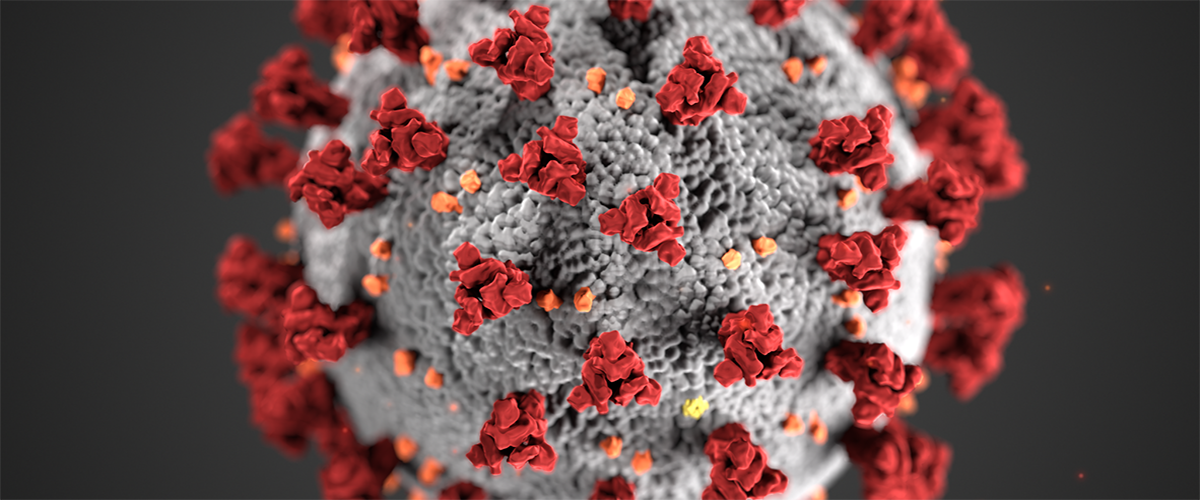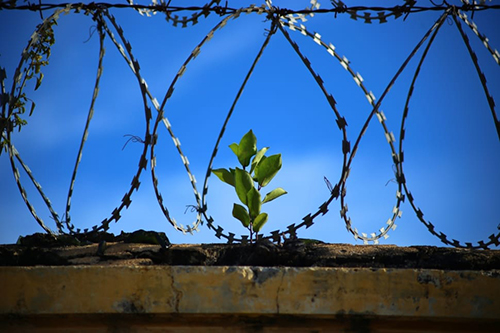COVID Mental Health Substance Abuse March 25, 2020
In an effort to prevent the spread of COVID-19, criminal justice system players across the country are engaging in new or broadened management strategies.
Many jails are releasing individuals who are medically at-risk, and reducing jail bookings for non-violent and low-level offenders where possible. Likewise, court systems have settled some cases with guilty pleas, and released people who are being held on non-violent and low-level offenses. Police have also begun or increased issuing summonses in lieu of arrest for such offenses.
These are, of course, positive steps. This is particularly promising as many of the changes being instituted now have long been suggested by those seeking to bring about justice system reform while maintaining public safety.
However, many affected individuals are those with mental illness or other behavioral health challenges, and it is crucial that we do not simply send them back into the community without ensuring they have access to adequate treatment, services and support.
Behavioral health issues have not yet featured loudly enough within the flurry of COVID-19 news coverage focused on jails and prisons. Even amidst a national health crisis, we urge real thoughtfulness concerning the needs of this vulnerable population.
We agree that people with behavioral health challenges should indeed be among the high-risk jail populations currently being prioritized for release. But people with mental health needs and substance use disorders face increased challenges amidst a global pandemic, including not being able to meet with their service providers.
For those struggling with addiction, social isolation can contribute to relapse. Add to that the anxiety of being released from jail into uncertain housing or medical circumstances. We risk setting people up to fail without adequate support.
Put simply, addiction and mental illness do not care about the coronavirus outbreak. Consistency in care is more important than ever during this time of stress and uncertainty. Potentially releasing individuals to housing uncertainty and homelessness further calls for thoughtful release planning to reduce the impact on stressed homeless care networks and the wellbeing of each individual.
Justice systems are called upon to truly collaborate with community-based service providers to allow for creativity in care and flexibility in ridged policies. Communities are prioritizing services, triaging caseloads, using technology, removing barriers, and embracing new partners, including harm-reduction services.
The phrase “Divert to what?” has a new urgency during this challenging time. Community services must be funded, be accessible, and have capacity. One potential opportunity from the current crisis is that diversion and justice system management measures put in place now, out of necessity, have the potential to prove their longer-term value.
One potential opportunity from the current crisis is that diversion and justice system management measures put in place now, out of necessity, have the potential to prove their longer-term value.
We encourage justice stakeholders to examine and articulate their criteria to divert or release, and to track relevant data and outcomes to further our collective understanding of how public safety can be maintained through public health strategies.
We urge all stakeholders working to contain and control the coronavirus within their justice systems to consider the long-term impact of crisis-driven decision-making on people with behavioral health needs.
Let us remember that weaknesses in our systems of care for people with behavioral health challenges do not end when a person walks through a jail door, whatever the circumstances of their release. We urge communities to continue to work together constructively to address these challenges, long after the current crisis.



